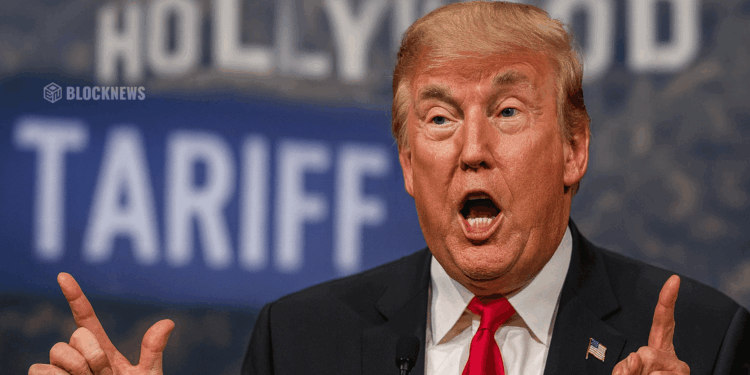- Trump announced plans to impose a 100% tariff on all foreign-made films, raising uncertainty over legality and enforcement.
- Hollywood faces potential cost hikes that could hit consumers, while studios relying on overseas production hubs may be disrupted.
- Industry analysts warn tariffs could strain global partnerships and impact thousands of U.S. workers tied to international shoots.
The world of film just got thrown a curveball. President Donald Trump announced Monday that he plans to slap a 100% tariff on all movies made outside the United States and imported back into the country. The move—first teased back in May—signals a dramatic extension of his protectionist trade stance into the entertainment industry. If carried out, this policy could turn Hollywood’s global production model upside down, sparking questions about legality, costs, and the future of international collaboration in cinema.
Trump, posting on Truth Social, accused other nations of “stealing” America’s moviemaking business, comparing it to “stealing candy from a baby.” But the big question remains: under what legal authority can he enforce such a sweeping cultural tariff? The White House hasn’t clarified details yet, and major studios like Warner Bros Discovery and Paramount Skydance have so far remained silent, while Comcast outright declined comment.
Rising Uncertainty for Hollywood’s Global Machine
Analysts warn the announcement raises more questions than answers. Paolo Pescatore of PP Foresight noted that higher costs are almost inevitable—and consumers may end up footing the bill. Shares of Paramount Skydance and Warner Bros Discovery dipped shortly after the news, underscoring market concern.
For Hollywood, the timing is tricky. In today’s film industry, overseas production isn’t just common—it’s essential. Countries like Canada, the UK, and Australia have become magnets for blockbuster productions thanks to attractive tax incentives. From superhero franchises to Netflix dramas, much of the content Americans consume is crafted, in part, abroad.
Ripple Effect on Jobs and Global Partnerships
The ripple effect could extend far beyond studio balance sheets. Thousands of American workers contribute to overseas shoots—visual effects teams, post-production crews, and more—all coordinated across borders. A sweeping tariff might complicate these relationships, adding friction to an industry already juggling shrinking theater revenues and streaming wars.
Co-productions with Asian and European studios also play a massive role in modern financing, distribution, and market access. A blanket tariff could disrupt these alliances, cutting off a key source of global revenue just when Hollywood leans on it the most.
For now, the movie business is waiting for clarity. Will this be another political headline that fades—or a real policy shift that reshapes the economics of film? Either way, the uncertainty alone is rattling studios, investors, and global partners.














